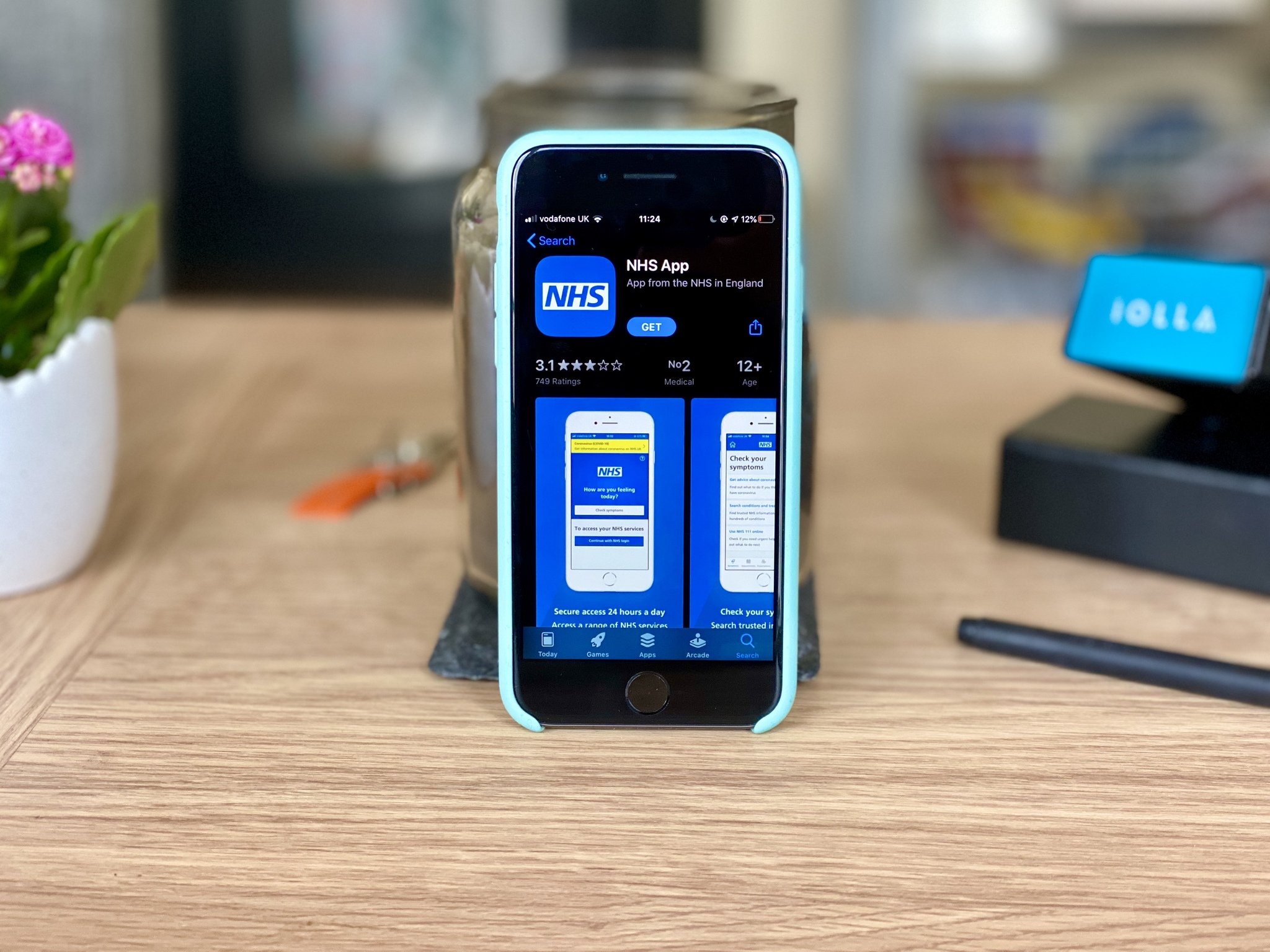Critics say lack of universal smartphone adoption "stunning blind spot" of contact tracing

What you need to know
- Critics say contact tracing has a "stunning blind spot".
- That's because not everyone has a smartphone.
- Some companies think we should use wristbands and badges as well.
A report from the Financial Times claims that private sector companies are trying to build their own contact tracing solutions, in part due to limitations of smartphone-based offerings.
The report states:
Companies including PwC, the global consultancy, are racing to build surveillance tools that will monitor the spread of coronavirus inside offices and workplaces.The companies, which also include smaller US start-ups Locix and Microshare, want to give employers the confidence to reopen their facilities, to take action to control outbreaks, and to alert staff if they come into contact with infected colleagues.While governments and tech companies are working on voluntary tools that send similar alerts, these may not be widely adopted. By contrast, PwC said companies could make its tool mandatory.
The report states that whilst government offerings can't be forced on citizens, it may be that companies can make tools mandatories. PwC's leader of connected solutions practice said that US businesses would have to tell its employees "If you're going to come back to the work environment, you need this app on your phone."
The report also notes how contact tracing using apps assumes the universal adoption of smartphones, which could in fact mean the most vulnerable groups in society are left out. One critic described it as a "stunning blind spot." That same company, Microshare, is reportedly proposing the use of Bluetooth items like badges and wristbands to make contact tracing more effective. Another company, Locix, criticized the lack of location tracing with Apple and Google's solution, suggesting that if would be beneficial to retrace the steps of an employee who was found to have been diagnosed with COVID-19, to allow for scrubbing of surfaces, tools, vehicles and more.
Recently, the German government u-turned on its own contact tracing approach and is now supporting a decentralized solution. The UK however has rejected Apple and Google's program, a move which will likely render the app practically useless.
iMore offers spot-on advice and guidance from our team of experts, with decades of Apple device experience to lean on. Learn more with iMore!

Stephen Warwick has written about Apple for five years at iMore and previously elsewhere. He covers all of iMore's latest breaking news regarding all of Apple's products and services, both hardware and software. Stephen has interviewed industry experts in a range of fields including finance, litigation, security, and more. He also specializes in curating and reviewing audio hardware and has experience beyond journalism in sound engineering, production, and design.
Before becoming a writer Stephen studied Ancient History at University and also worked at Apple for more than two years. Stephen is also a host on the iMore show, a weekly podcast recorded live that discusses the latest in breaking Apple news, as well as featuring fun trivia about all things Apple. Follow him on Twitter @stephenwarwick9
